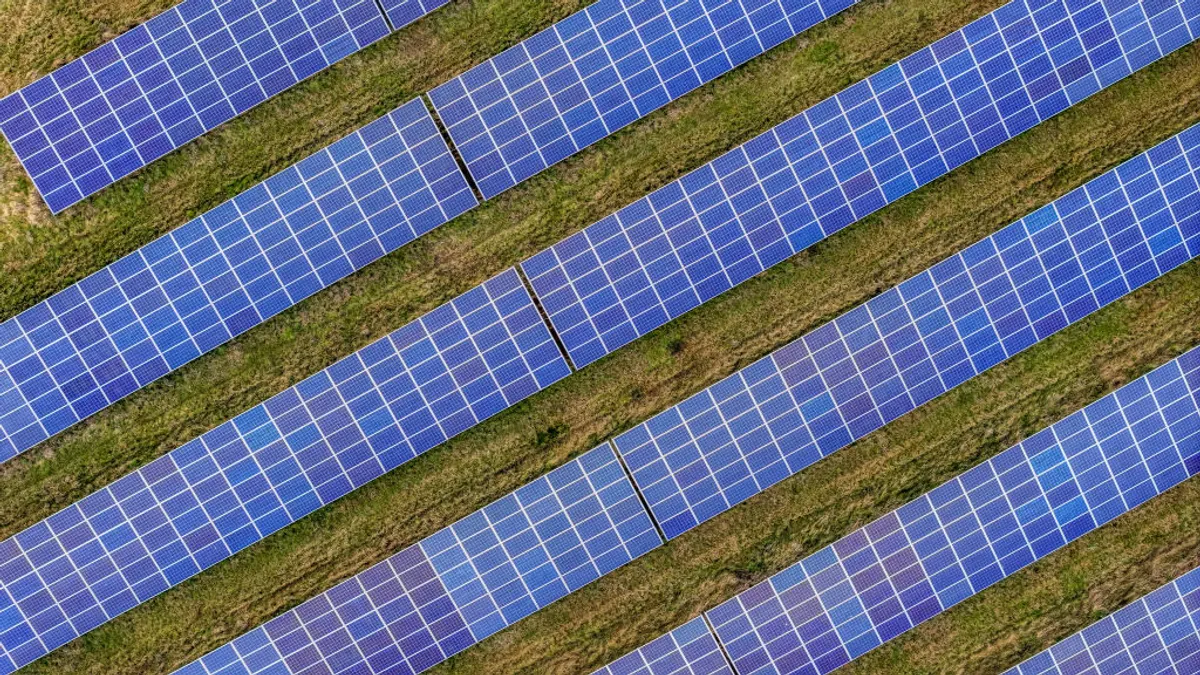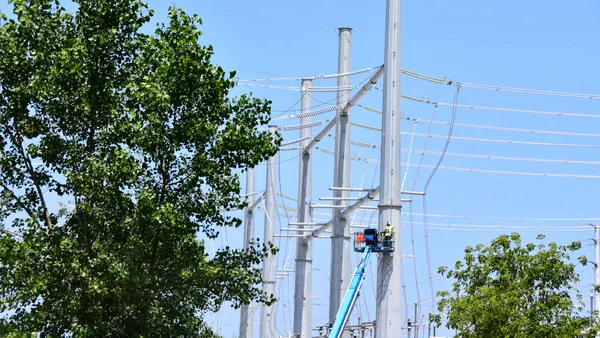Dive Brief:
- The United States and China, the world's two largest emitters of greenhouse gasses, have both agreed to ratify the historic Paris climate deal reached a year ago, in which 195 countries called for aggressive action to address climate change.
- President Obama said the decision may be seen as "the moment that we finally decided to save our planet." The joint announcement came ahead of the weekend Group of 20 meeting in China.
- Environmental advocates immediately hailed the executive action, while some Republican leaders see the agreement as "unrealistic and economically harmful."
Dive Insight:
Because the climate agreement is non-binding, it does not require the approval of the United States Senate. But Republicans say the treaty will hold back the economy, while giving emerging nations with growing emissions a leg up in the world economy.
Almost 200 nations agreed near the end of last year in Paris to keep the impact of climate change below 2 degrees Celsius. For the United States, that would mean cutting emissions 26% by 2025. For the power sector, the deal is expected to give investors an indication of where they should put their money in a decarbonizing world.
"Someday we may see this as the moment that we finally decided to save our planet," President Obama said in his remarks. "Just as I believe the Paris Agreement will ultimately prove to be a turning point for our planet, I believe that history will judge today’s efforts as pivotal."
The power sector is not only is one of the largest contributors to greenhouse gas emissions in the U.S. economy and many others, but also one of the most vulnerable industries to climate change impacts. Severe weather and rising sea levels will put coastal grid and generation infrastructure at risk.
Despite cynics and critics, Obama said the Paris agreement is moving forward because of two major factors: investments the United States has made to "allow for incredible innovation in clean energy, and the strong, principled diplomacy over the course of years that we were able to see pay off in the Paris Agreement."
For the treaty to go into effect, 55 countries representing 55% of global emissions must ratify the agreement. The Hill reports some experts expect that threshold to be reached by the end of this year.












